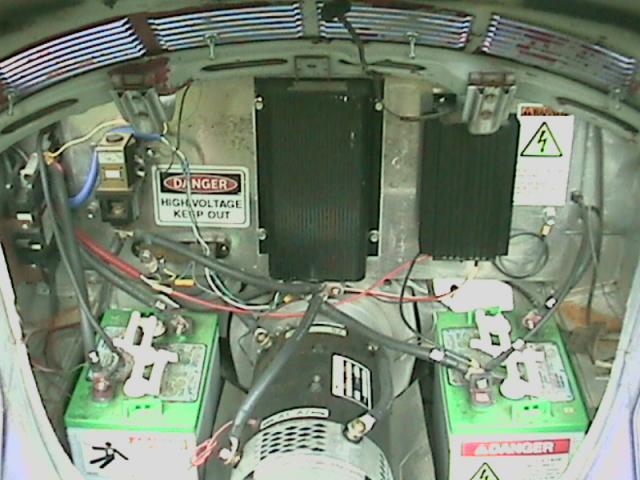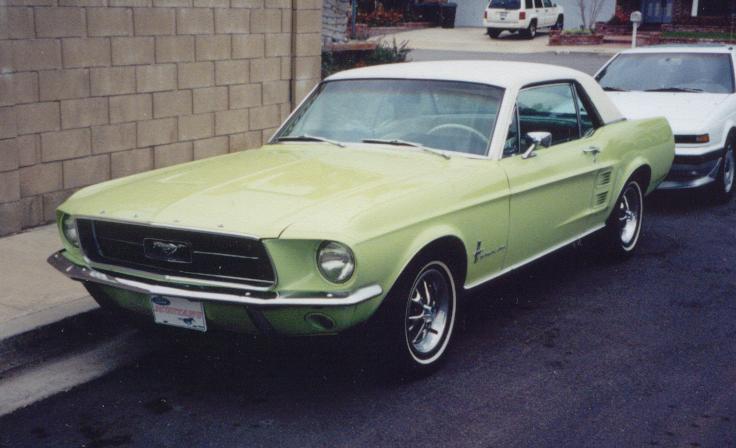
 Still nothing going on but I did look into the Type III (3) VWs a little more. The more I think about it the more annoyed at myself I get for letting my friend sell his. The type III fastback is a great looking car and it has a drag coefecient of about .32 and that is right on par with small modern cars. Add to the fact that the car can handle about 882 pounds of payload and that is a perfect EV donor. Once all the internal combustion stuff is out that gives you about 1400+ pounds for your electrical stuff.
Still nothing going on but I did look into the Type III (3) VWs a little more. The more I think about it the more annoyed at myself I get for letting my friend sell his. The type III fastback is a great looking car and it has a drag coefecient of about .32 and that is right on par with small modern cars. Add to the fact that the car can handle about 882 pounds of payload and that is a perfect EV donor. Once all the internal combustion stuff is out that gives you about 1400+ pounds for your electrical stuff.












